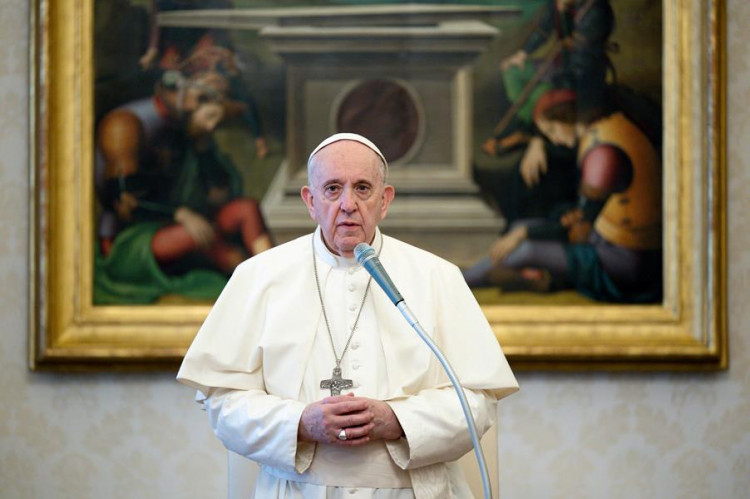Pope Francis remains in critical condition following a severe respiratory crisis that required high-flow oxygen and blood transfusions, the Vatican announced on Saturday. The 88-year-old pontiff, who has been hospitalized for over a week at Rome's Gemelli Hospital, continues to be closely monitored by doctors treating his pneumonia and complex lung infection.
"The Holy Father's condition continues to be critical," the Vatican said in a statement, marking the first time officials have publicly used that term regarding his health. "At the moment, the prognosis is reserved."
The statement also noted that while he is alert and spent the day in an armchair, he is experiencing increased pain. His prognosis remains uncertain.
Medical experts treating Francis have raised concerns about the risk of sepsis, a severe infection that could lead to organ failure. Dr. Sergio Alfieri, head of medicine and surgery at Gemelli, warned that while the pope has responded to treatment, the greatest danger is that bacteria from his lungs could enter his bloodstream. "Sepsis, with his respiratory problems and his age, would be really difficult to get out of," Alfieri said. "But this is the real risk in these cases: that these germs pass to the bloodstream."
Doctors have prescribed a combination of cortisone, antibiotics, and supplemental oxygen. Saturday's update was the first time the Vatican acknowledged that Francis had suffered an "asthmatic respiratory crisis of prolonged magnitude," requiring high levels of oxygen. Additionally, he received blood transfusions after tests revealed a dangerously low platelet count.
Francis has a history of respiratory problems. At age 21, he underwent surgery to remove part of his lung due to pleurisy, a condition that causes inflammation of the lung lining. Despite this, he has previously downplayed concerns about his health, stating in his recently released autobiography that the Church is led "with the head and the heart, not the legs."
The Vatican canceled the pope's scheduled public appearances, including his traditional Sunday blessing. The Holy Year celebrations, a significant event for the Church held once every 25 years, continued without him. His absence has reignited speculation about the possibility of resignation, though Vatican officials denied any such plans.
Reports emerged suggesting that Vatican Secretary of State Cardinal Pietro Parolin and other senior officials had discussed Francis' potential resignation, but the Vatican dismissed those claims. The Vatican issued an unusual and official denial of an Italian media report that Parolin and the pope's chief canonist had met in secret, refuting any suggestion that a resignation was under consideration.
Francis remains conscious and continues to work from the hospital. There is no established protocol for handling the situation if he were to become incapacitated. He previously stated that he had written a letter of resignation that could be used if he were medically unable to continue leading the Church. However, no steps have been taken to invoke such a measure.




